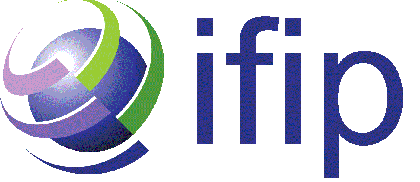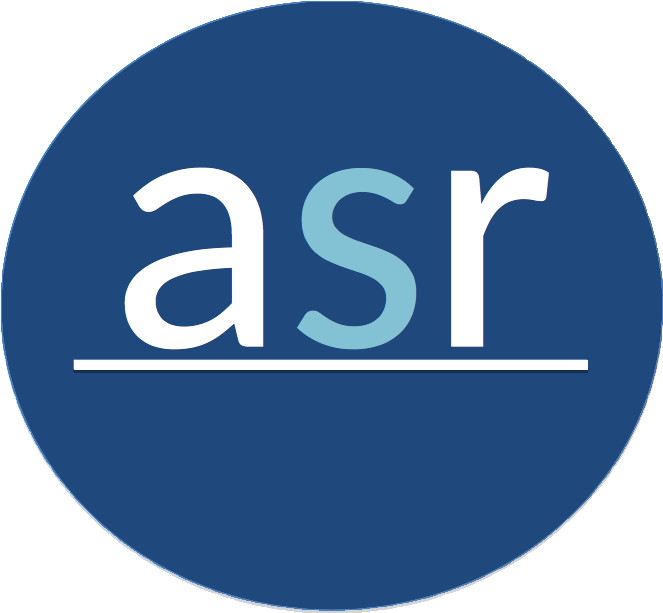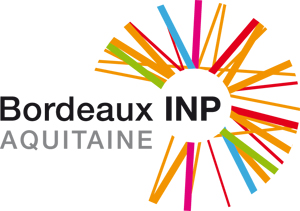
Call for papers 
The annual ACM/IFIP/USENIX Middleware conference is a major forum for the discussion of innovations and recent advances in the design, construction and use of middleware systems. Middleware is the software that resides between applications and the underlying architecture and platforms, often with an emphasis on networked computing. The goal of middleware is to facilitate the development of applications by providing higher-level abstractions for better programmability, performance, scalability, security. It is a rapidly evolving and growing field.
Following the success of past conferences in this series, the 15th International Middleware Conference will be the premier event for middleware research, technology and experimentation in 2014. The scope of the conference is the design, implementation, deployment, and evaluation of distributed system platforms and architectures for computing, storage, and communication environments. Highlights of the conference will include a high quality single-track technical program, invited speakers, an industrial track, panel discussions involving academic and industry leaders, poster and demonstration presentations, a doctoral symposium, and workshops.
The list of accepted papers is available
Important dates
| Abstract Submission | |
| Paper Submission | |
| Paper Rebuttal | |
| Notification of Acceptance | |
| Camera ready |
All deadline times are 23:59 UTC/GMT -12h, Baker Island
Topics
Original submissions of research papers on a diversity of topics are sought, particularly those identifying new research directions. The topics of the conference include, but are not limited to:
Middleware Platforms and Usage Models
- Middleware for emerging cloud computing, datacenters, and server farms
- Middleware for data-intensive computing (Big Data) in the enterprise and high-performance domain
- Middleware for Internet applications, Web services, multimedia, and for social computing
- Middleware for search, recommendation, and personalization
- Event-based, publish/subscribe, and peer-to-peer middleware solutions
- Middleware for mobile devices, ubiquitous, and mobile computing
- Middleware for sensor networks and embedded systems
- Reconfigurable, adaptable, and reflective middleware approaches
- Middleware solutions for distributed databases
Systems Issues for Middleware
- Reliability and fault-tolerance
- Scalability and performance
- Consistency, availability, and replication
- Energy- and power-aware techniques
- Virtualization, auto-scaling, provisioning, and scheduling
- Security, Privacy, and Information assurance
- Storage and file systems
- Concurrent software execution on heterogeneous infrastructure
- Dynamic configuration and self- or autonomic- management of middleware
- Real-time solutions and quality of service
- Case studies on evaluation and deployment of middleware: challenges, techniques, and lessons learned
Design Principles and Tools
- Programming frameworks, parallel programming, and design methodologies for middleware
- Empirical and deployment studies for middleware solutions
- Formal methods, testing, diagnosis, and distributed debugging of middleware
- Methodologies and tools for middleware design, implementation, verification, and evaluation
- Retrospective reviews of middleware paradigms, e.g., object models, aspect orientation, etc.
Paper Submission
Please see our EasyChair page for details about submission.
Research Papers
Original research papers are sought on the above topics.
Experimentation and Deployment Papers
Experience papers describes complete systems, platforms, and papers with comprehensive experimental evaluations of alternative designs and solutions to well-known problems. The emphasis during the evaluation of these papers will be less on the novelty and more on the demonstrated usefulness and potential impact of the contributions, the extensive experimentation involved, and the quality and weight of the lessons learned (including negative results).
Big-Ideas Papers
We also encourage big ideas papers; that is papers that have the potential for opening up new research directions. For such papers, the potential to motivate new research is more important than full experimental evaluation, though some preliminary evidence of the effectiveness of the approach or idea is important. Such papers should clearly indicate their vision; why the idea is revolutionary and not evolutionary; what the major questions still to be answered are; and possible avenues of attack for the community to pursue towards the development of the idea.
The Middleware 2014 Conference Proceedings
The Middleware 2014 conference proceedings will be published in the ACM Digital Library. Papers should not exceed 12 pages in length, including the abstract, all figures, tables, and references. Submitted papers should adhere to the formatting instructions of the ACM Style, and should clearly indicate their type on their first page. Please note that submissions are single-blind: authors’ names should appear. (Note that the process for publication in the Middleware companion proceedings will be explained in the relevant, specific CFP, e.g. Industry short papers, Doctoral workshop, etc.). Papers should be submitted to our Easychair page.
Awards
The Program Committee may, at its discretion, decide to award a Best Student Paper Award and a Best Paper Award to outstanding research contributions. If the primary author of a paper is a student, please identify this in the submission process.
Open Availability of Datasets and Code
Middleware 2014 authors are encouraged to make their system/library implementations and data sets publicly available for the community’s wide benefit as open-source software and their experimental data available as open datasets. This is particularly encouraged for “experimentation and deployment papers”. Please discuss your requirements with the conference chairs.

















